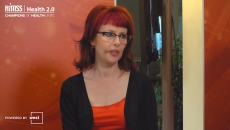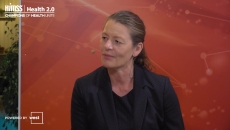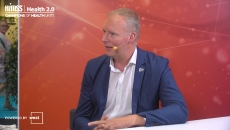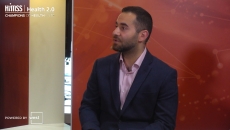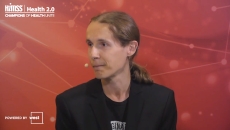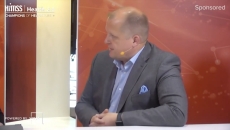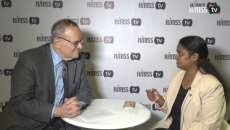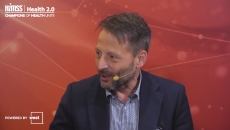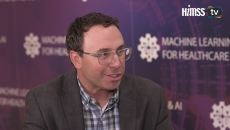HIMSS TV
Victoria Betton, mHabitat founder and director and HIMSS UK Advisory Council member, says anonymity and remote access are just two benefits of using digital tools to help improve people's mental well-being.
Norway Health Tech CEO Kathrine Myhre, winner of the HIMSS Europe Future50 award, says lessons from oil and gas industry successes along with Norway's pioneering culture help fuel the drive to maximize the healthcare system's potential.
AI can help with recognizing patterns and diagnosis, but physicians still need to use clinical judgment and manage the patient as a person, says Colin Tan, associate professor of ophthalmology at Duke NUS Medical School.
Nearly 20% of Estonia's citizens are gene donors, which is useful when it comes to implementing precision medicine, says Kalle Killar, deputy secretary general at the Ministry of Social Affairs.
However, blockchain technology is still in its infancy, so expectations should be managed accordingly, says Dr. Abdullah Albeyatti, CEO and co-founder at Medicalchain.
Finland and Estonia use X-Road to enable the secure exchange of data, with opportunities to expand to the rest of Europe, says Petteri Kivimäki, CTO for Nordic Institute for Interoperability Solutions.
Mikko Vasama, general manager of Health Systems Nordics at Philips, says training, education and access to technology for patients are imperative, especially when working within a publicly funded healthcare system.
The Dubai Health Authority is integrating devices and informatics with the EHR to improve experience for pediatric patients, says DHA nurse Ashish Ann John.
Zoltan Lantos, head of Social Innovation Lab at iAsk, says we need to learn more about consumers' behaviors before we maximize the global potential of the human and machine collaboration in healthcare.
Leonard D'Avolio, founder and CEO of Cyft, says machine learning is only a means to an end, helping organizations learn from data more quickly and intuitively.

